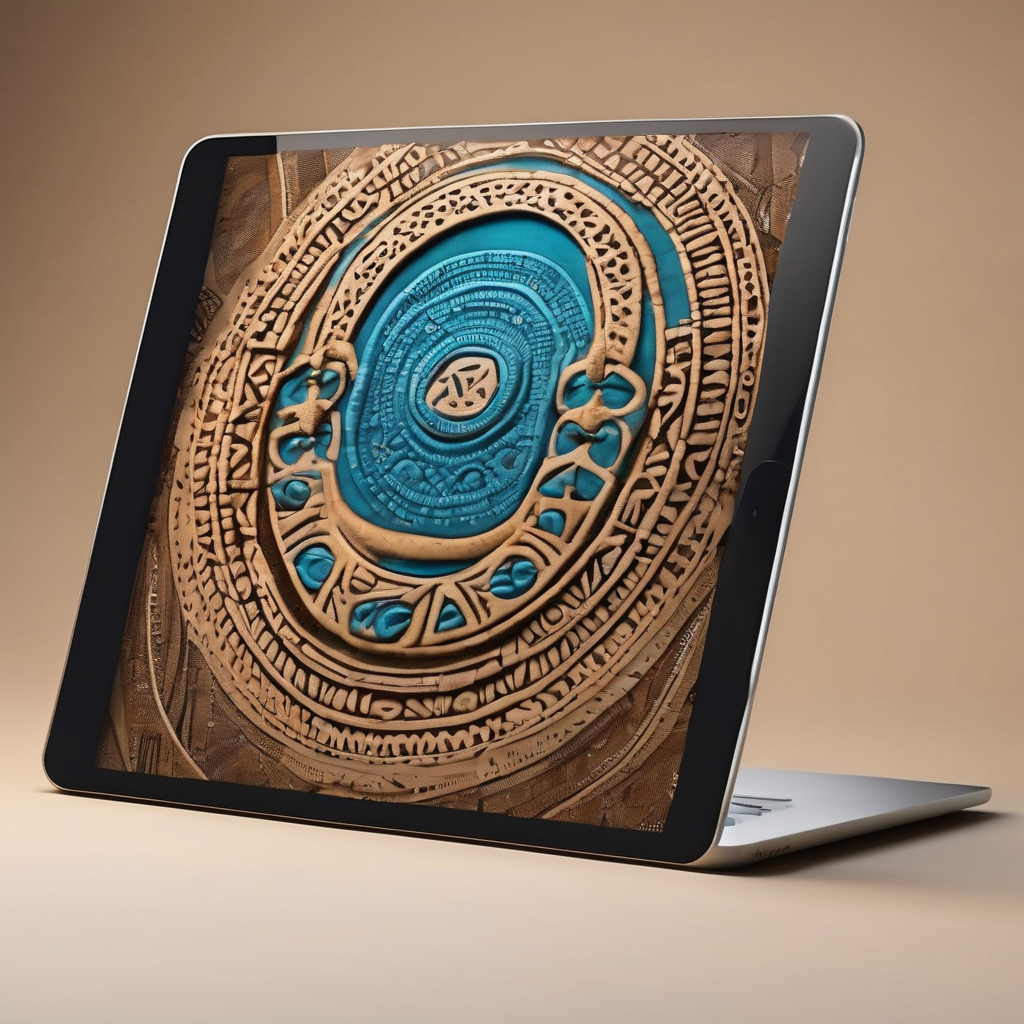During a recent screening of “Blackbird” at Fiji National University’s Nasinu campus, Regina Lepping, a filmmaker and cultural preservation activist from the Solomon Islands, voiced her concerns about the deliberate erosion of traditional practices within her community. She asserted that this erosion has led to a disconnect in understanding the historical identity and societal cohesion of indigenous peoples. Lepping highlighted how non-indigenous storytellers often interpret these narratives through their own lenses, potentially distorting the genuine stories familiar to the communities themselves.
Lepping observed that the influence of modern culture, along with its diverse ideologies, can sometimes disrupt the foundational elements crucial to indigenous societies, making the preservation of cultural roots a challenge. She underscored the crucial role of storytelling as a powerful tool that allows indigenous peoples to share their authentic narratives with the broader world, thus safeguarding their cultural heritage.
Lepping’s comments resonate with the global concerns of many indigenous communities, who are striving to maintain their cultural practices amidst ongoing modernization. Like other Pacific communities, there is a burgeoning movement towards documenting and promoting indigenous knowledge using digital platforms and storytelling, aiming to engage younger generations and ensure cultural continuity even as technology advances.
Combining ancient traditions with modern storytelling techniques could provide a positive trajectory for cultural preservation. Utilizing technology to share these narratives not only helps bridge generational divides but also ensures that the authenticity of indigenous stories is maintained, thereby strengthening community ties for the future.
